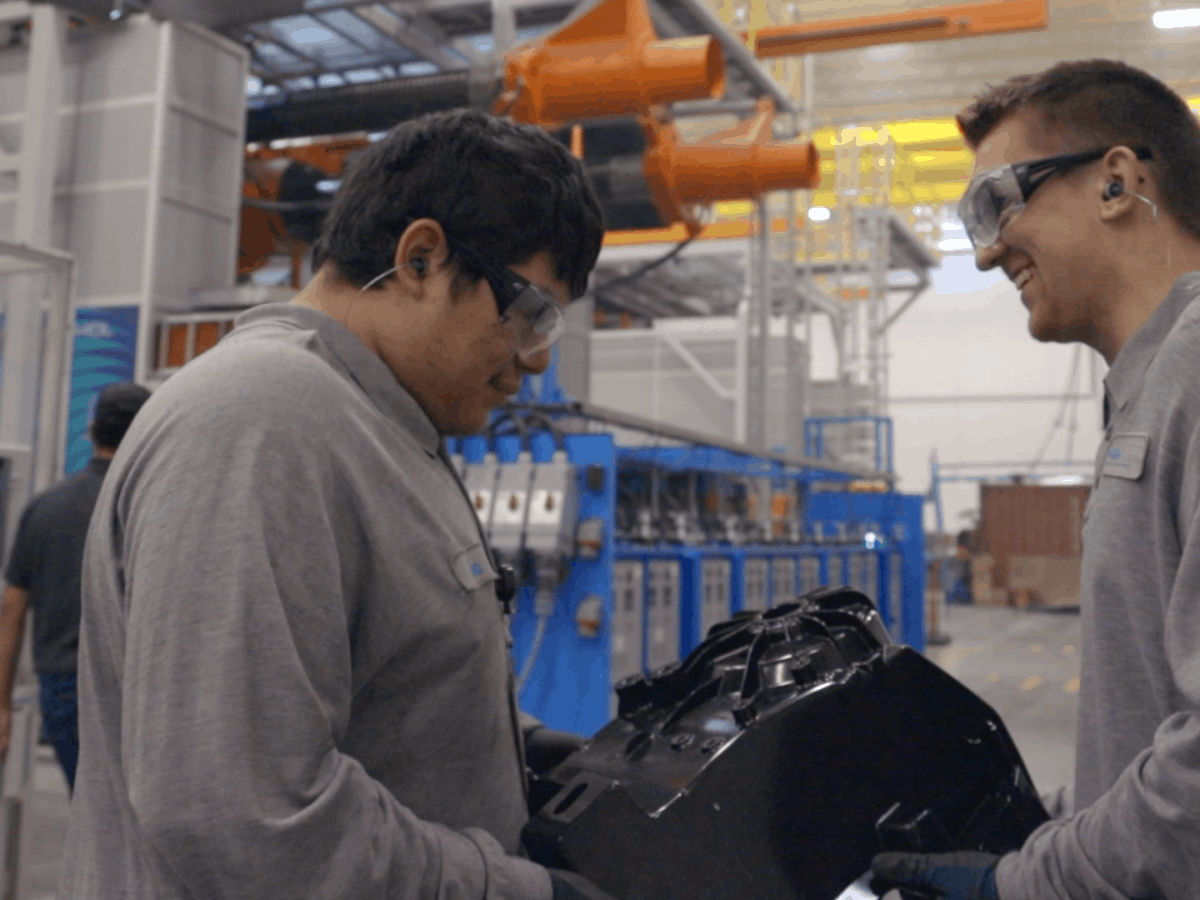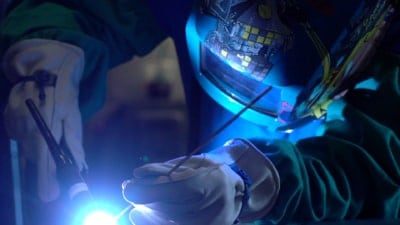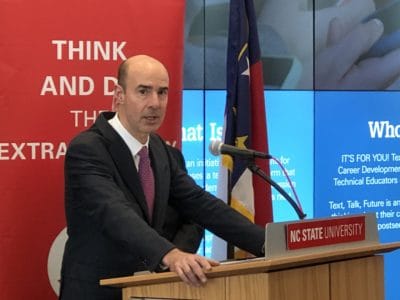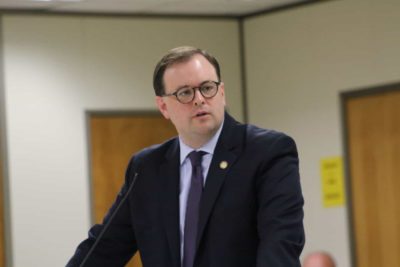
Fall. That time of year when students begin their return to classrooms throughout the country.
For many students, the excitement of knowing that their graduation year is near is a complex emotion. Happiness, excitement, nervousness, and angst pull at the body and mind in diverse ways. A new beginning for the future lies just around the corner that can be both exciting and uncertain. Excitement for the next steps that life is bringing as well as feelings of hope, but also feelings of uncertainty for what that vision might really look like or how one goes about achieving that dream or goal.
Walk back in time with me a moment and reflect on your high school years.
Do you recall those years? Reflect on all the questions from parents, friends, relatives, teachers, counselors, youth leaders, and peers. Everyone wanted you to give them answers about your future, and they expected you to know immediately what your future would look like. You are a 17- or 18-year-old in high school, and it appears everyone thinks you are ready for adulthood.
They seem to think you should be ready to go out into this big old world and fly… and fly soon … like in just a few short months. Almost daily you are being asked, “What are your plans for your future? What will you do after graduation? What do you want to do for a living? Where are you going to school? How will you pay for your college or training?”
If you were like many of us, you were screaming in your mind, “WAIT! Stop. … Is there an Adulting 101 class I missed? I just want to enjoy high school! When do I apply for college? How do I really know what I want to do with my life? When is graduation? I don’t know what I want to do! I am going to college … but I don’t know about my career! I have no idea about career goals and my life ‘road map!’ I am just trying to ‘map out’ of high school.”
Sound familiar? For many students, these questions have existed for generations of time. Thankfully, over 900,000 North Carolina Career and Technical Education (CTE) students have many choices to help them explore the vast array of careers and help them decide firsthand if that career is a good choice for them.
CTE students start in middle school exploring and discovering career interests and inventories so that by the high school years, a more defined and concrete pathway can be built. This well-defined “road map” or “GPS” allows students to zoom in on the needed education and industry prerequisites, allowing for a successful, lucrative, and purposeful career.
The end result is years of schooling, time, and money not wasted on a career that is not aligned to one’s talents and abilities or a job that one does not enjoy or like.
How does CTE help students know what career is best for them? How does CTE help eliminate time and monetary resources from being wasted? The secret is in exploration, preparation, discovery, and work-based learning.
For many CTE students, the excitement is experienced in new ways, new concepts, and new environments. Classrooms today have a very different feel than in past years. Learning takes place in industry settings, giving students firsthand glimpses of what a career looks and feels like in a specific career pathway.
Internships and apprenticeships help students see firsthand the importance of preparation and education by doing and being a part of an industry – not just reading about it in a textbook. Work-based learning is a major focus for students, bringing enthusiasm, excitement, and a real-life view of the world of work. The work-based learning experiences offered in North Carolina schools through CTE programs connect learning to the textbook while helping students understand the “why” of what they have learned over the past 13 years.
My internship in high school was probably the most beneficial class to my career. I built relationships that led to recommendations for school and other jobs after that. It allowed me to get my foot in the door and know if I really wanted to pursue the career or not, while giving me real world experience as well. – Hannah Grubba, high school intern in Wake County Public School System. Currently works as a restaurant/pastry chef at the North Carolina Museum of Art .
Interning as a high school student was the most impactful use of a term I had. In addition to teaching me technical small business skills (inventory, management, networking, customer obsession, small business finances), interning at “Table of Contents” also sparked in me a great period of creativity and entrepreneurship and provided me a mentor for life. Transitioning into college was easier, and I was able to apply supply chain classroom topics to my time as an intern for small business in order to facilitate learning. – Shane Slider, high school intern in Wake County Public School System. Currently works at Amazon.
Take full advantage of the internship opportunity that is offered of you and earned. Having an internship in high school is very impressive to any potential employer. It will also give you an idea of what to expect at any future job opportunities. Besides the internship, having the fundamentals of business down will help you with the more demanding coursework of any collegiate course. Blake Hooks, high school intern at Winston-Salem/Forsyth County Schools. Currently works as a senior supply chain consultant at Sunrise Technologies.
Connecting the pieces of the puzzle is essential for students’ success and growth. There is no career that cannot be experienced or shadowed if given the chance and opportunity. Sometimes that career pathway is a hobby or an interest that is channeled into a livelihood and successful career.
Because of our business and industry partnerships, students are given opportunities never before experienced or made possible. Employers play an integral and important role in building a strong workforce pipeline. Educators, employers, and students can benefit greatly from these partnerships.
Businesses can help develop a student work force that is motivated and well-prepared by offering work-based learning opportunities. They can participate by serving on advisory boards and committees, participating in career fairs, being guest speakers, providing internships, offering job shadowing experiences, mentoring, conducting mock interviews, giving worksite tours, and being on local work-based learning boards. Each of these unique opportunities enhance and provide needed guidance and support for work-based learning experiences for North Carolina students.
Work-based learning strategies help students connect what they are learning in the classroom with the world of work and helps prepare tomorrow’s leaders today!
Recommended reading



